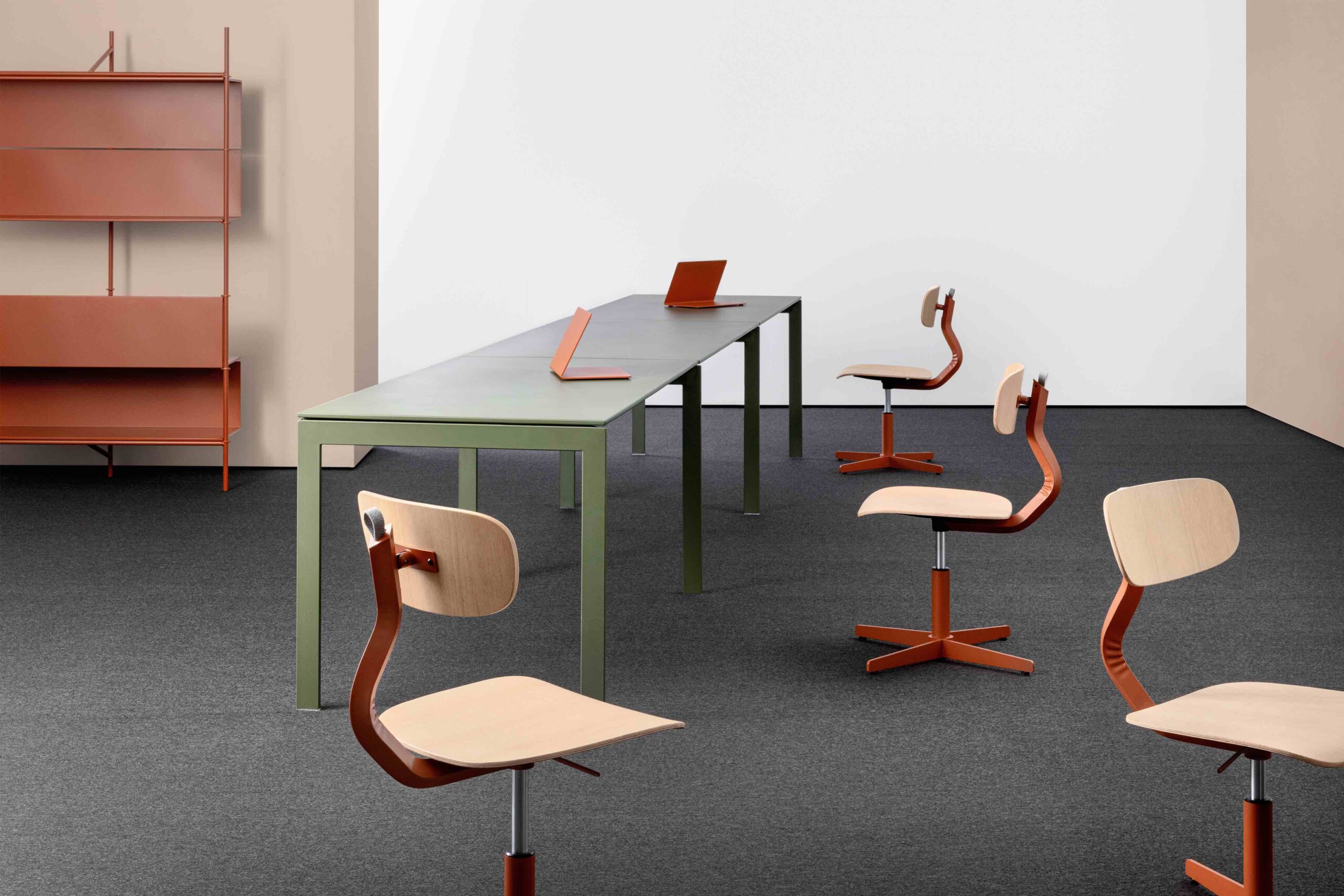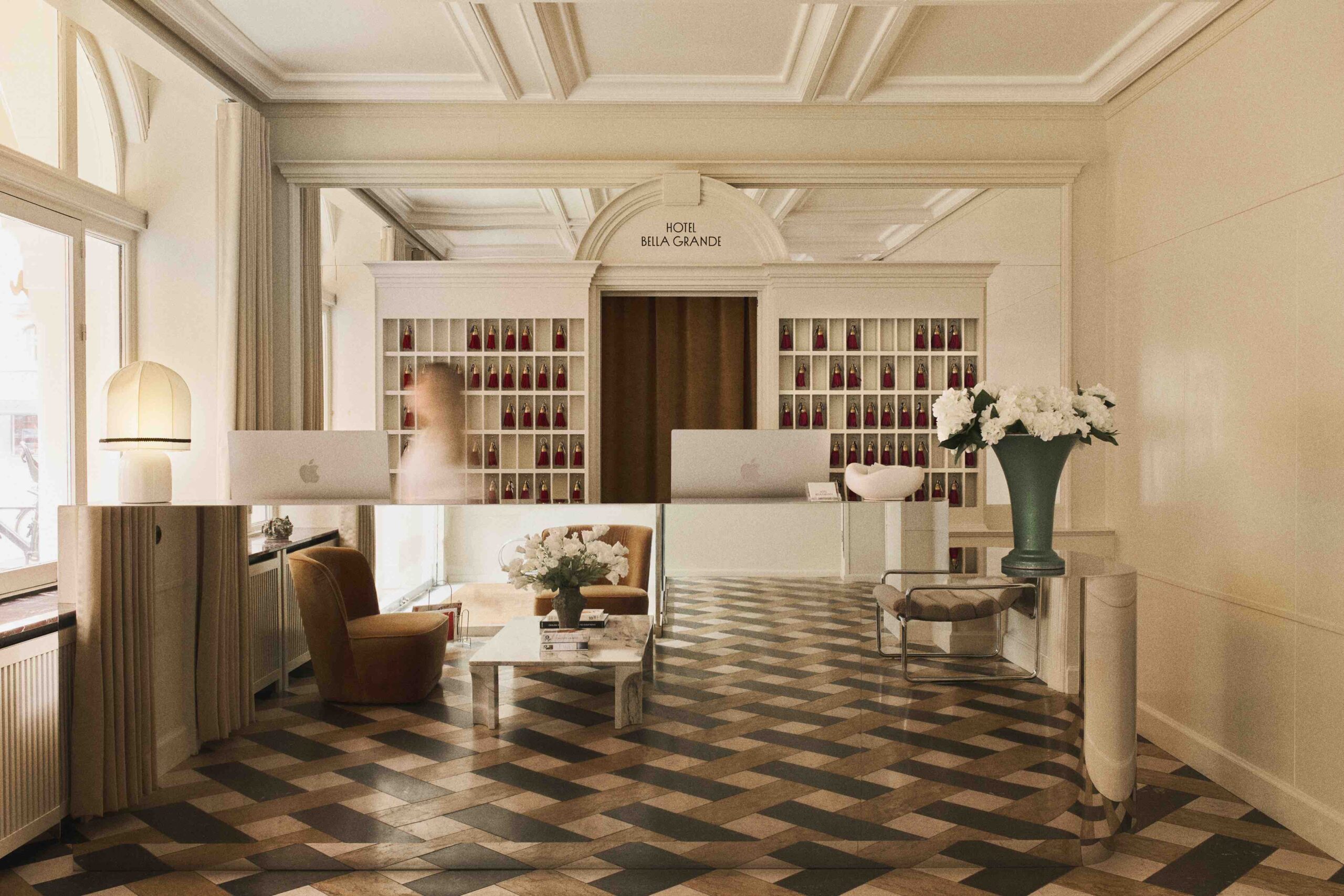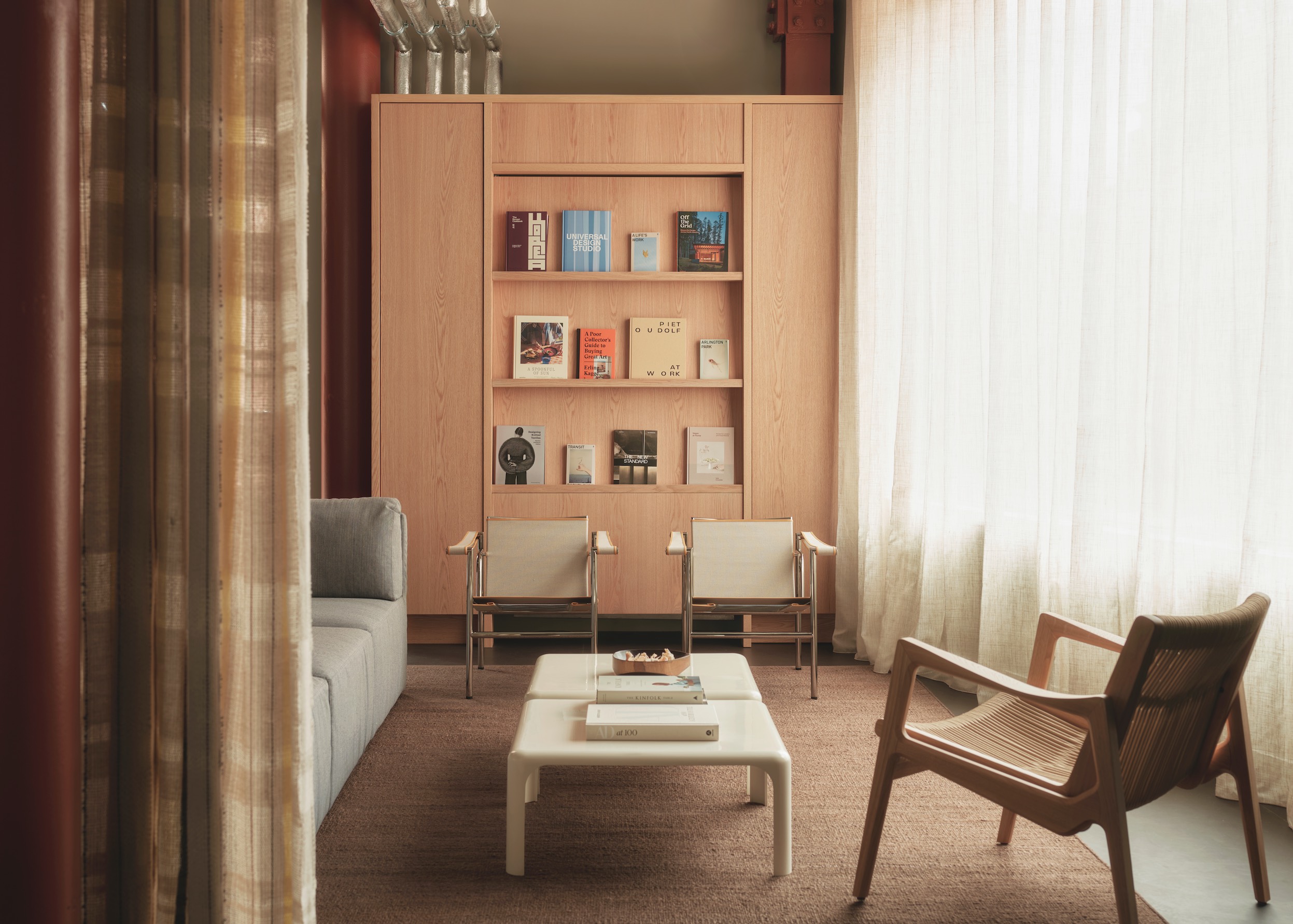
Changes in the way people work are having a huge impact on the hospitality sector, as it morphs to meet the needs of the new brand of digital nomad
In a connected world, we expect to be able to live our lives from anywhere we choose – and it’s up to hospitality to keep up. As venues adapt, whether by specialising, or broadening their appeal, new types of hotels are here to stay. We reveal the trends that will define this year.
Segmenting by attitude
As the activities people expect in a hotel grow to incorporate leisure, wellbeing and retail, venues will start to differentiate by catering to certain sectors or niches within consumers. This is something private members’ clubs are already doing, with offerings based on a specific sector, gender or ideology – for instance with The Wing, designed for women or The Conduit, based around innovation, as well as Studiopepe’s “secret club” Club Unseen at Milan’s Salone del Mobile. Increasingly, hospitality will do this in a more holistic sense, “where it’s increasingly about attitude,” says Martin Raymond, co-founder of futures consultancy, The Future Laboratory. “We’re starting to see clubs that cut across age groups, sectors and professions, being about liking the culture of live music, the concept of conversation or debate, and the clubs are becoming more open and democratic.”
This also extends to our values, with hospitality and hybrid spaces that offer themed events – for instance, at The AllBright, events around female entrepreneurship – or an entire ethos, as at eco-hotels like Platinum LEED-rated Casa de las Olas in Tulum, Mexico, or co-working space X+ Why in London for socially minded or non-profit firms. However, this isn’t to say that exclusive membership will be the only way to access these attitude-based communities – Raymond says that prices will start to come down to extend access based on demand, and “we’ll also have a push by bars and clubs, bars particularly, that will imitate private membership. So, there will be bars, for instance, where you don’t pay a premium for entry, you just pay as you go.”

Club Unseen presents a sophisticated venue to appeal to a specific design clientele. Photo: Giuseppe Dinnella
The rise of the super-residency
In the past decade, the IPSE (Association of Independent Professionals and the Self-Employed) says the number of self-employed workers in the UK has grown by more than 50%, and around two million of that number are freelance, working for different employers, often from locations around the world. This growth in flexible working has gone hand in hand with a cultural shift, with research showing that millennials and Gen Z – which includes adults from the ages of 18 to 37 – prefer experiences and activities to products.
This has had an impact across sectors, from retail to work to hospitality – and is resulting in a merging, a hybridisation of all these spaces. “There’s a whole shift about how we re-engineer public space and how public space has intruded into the private and the social and the personal. We’re seeing things like WeSpace moving into hospitality, members’ clubs now have bedrooms and workspaces, Airbnb selling themselves as a destination place but also a space where what I call digital independent nomads can stay and work and play and hang out,” continues Raymond.
What were once hotels have increasingly started to realise that people are using their public spaces for work, or coming to the hotel as a leisure venue, and changing accordingly, seeing the guest and their behaviour as the source of value, rather than the square footage of the bedrooms. “As so many of us are going to be freelance, or project based, we’re thinking – if I’m going to pay for a gym, pay for a desk, wouldn’t it be better if they were together? We’re starting to see people building that – what I call the super residency, a new hybrid hotel,” says Raymond. He points to the Hoxton as one example – launching Working From, first in Chicago in November and in January 2020 in London.
Other hotels have started to realise this value too. Blique by Nobis in Stockholm uses its Sigurd Lewerentz-designed spaces to create a ‘contemporary community’, while the Mama Shelter chain, founded in France and opening in London this year, includes bookable co-working spaces in its buildings, and Selina, a South American chain of self-described ‘roamtels’, is bringing the hybrid workleisure-hotel model to Manchester and Birmingham. This will only continue, Raymond says, with the big hotels, the Marriotts, Rosewoods and other design hotels starting to realise that their strength lies in hospitality rather than real estate.

Blique by Nobis mixes hotel accommodation, bars, restaurants and flexible spaces. Photo: Blique by Nobis
Letting the robots in
The rapid pace of technological development will continue to change the hospitality industry too. The rise of platforms like Airbnb is just one way in which technology has changed the way we travel – and goes hand in hand with people’s growing desire for experiences over objects. Hotels themselves benefit from tech efficiency too: Hotel Ottilia in Copenhagen, for example, uses self-disinfecting technology to provide a room that can clean itself. For traditional hotels, using technology is going to be a means of putting the focus back on true hospitality, explains Raymond. “Tech is there to make categorisation, recognition and pre-emptive requirements easier, so that you can get on and look after the customer. It’s not going to make the bed yet, it’s not going to know the customer has arrived stressed and calm them down, it will just take all the bits out of the way that will make them more stressful.”
Whether that’s allowing the customer to check in on their way to the hotel, getting someone’s bags to the right place before they arrive, or letting the bar staff know what a guest’s favourite welcome drink is, technology will be used to smooth out the concrete, task-based aspects of travel, allowing the staff to focus on the human aspects of service and care. “Hospitality is about people, it isn’t about process – a good waiter can save a restaurant – and we need to respect the nature of these jobs, and to reinvigorate them with proper purpose,” says Raymond. While certain aspects of travel can be replaced by artificial intelligence – check-ins, passport control – the experience of a place cannot, and providing the human-centric, hospitality-driven service will be central to the success of hotels in coming decades.




















